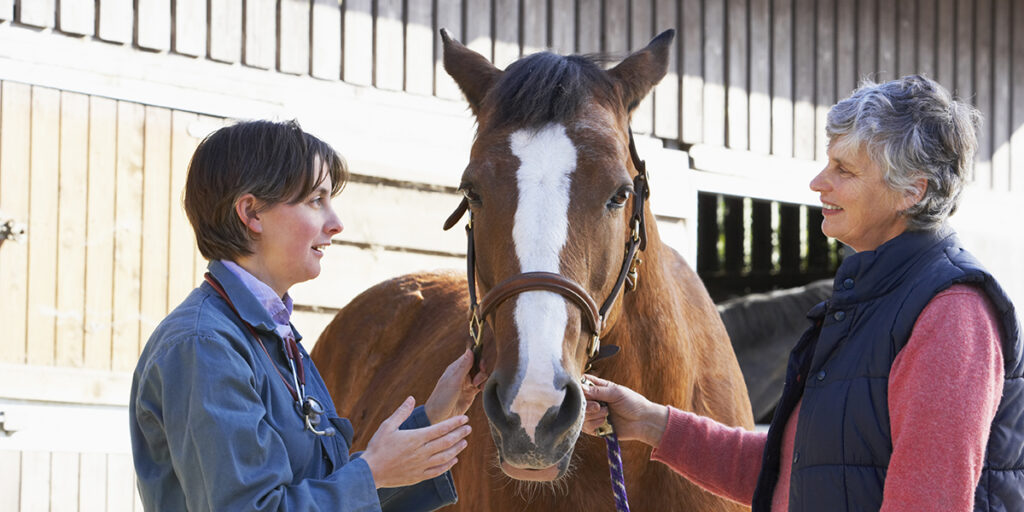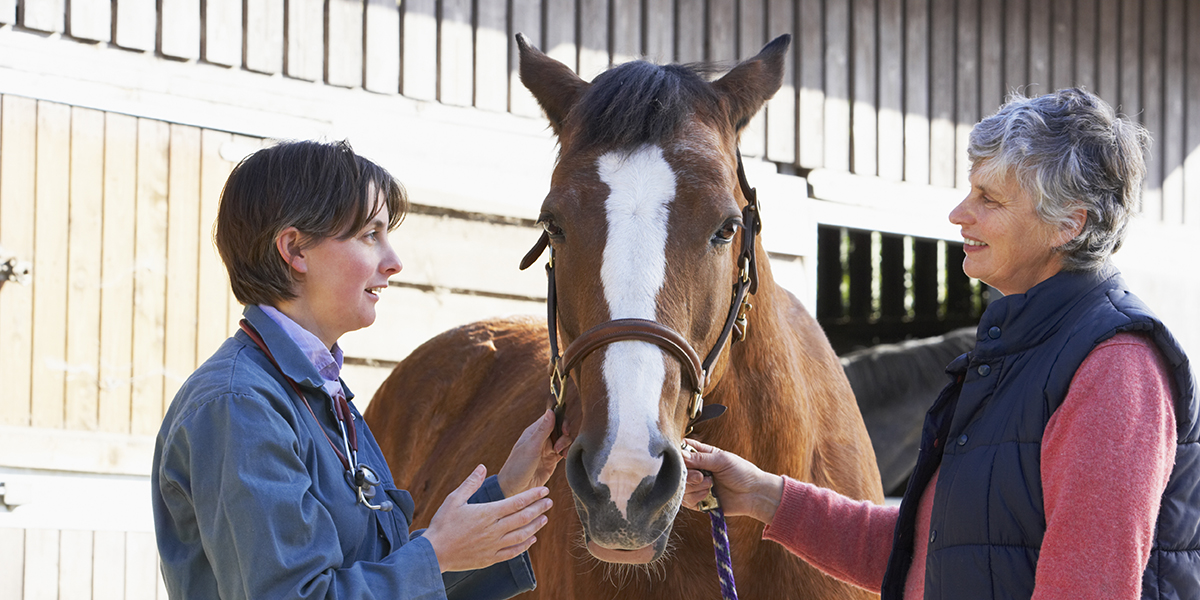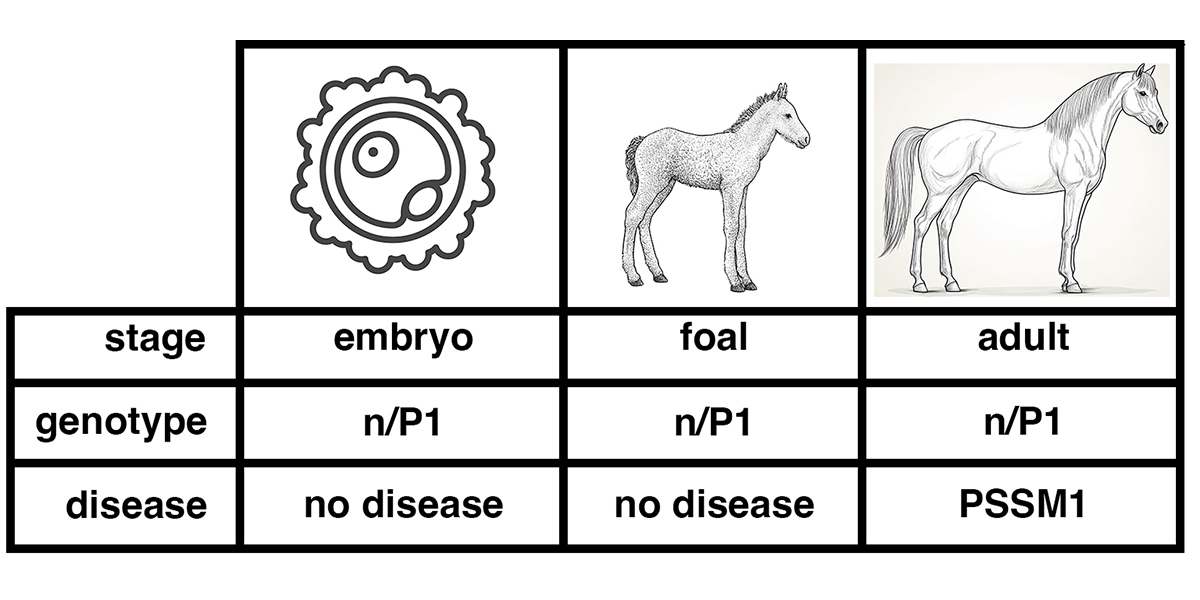News
Horse Breeding Associations Support Genetic Research on PSSM2

Vechta, Germany
PSSM2 (Polysaccharide Storage Myopathy Type 2) is a much discussed topic. Now the horse breeding associations for Holstein, Trakehner, Hanoverian, Oldenburg and Westphalia want to make genetic material available for research purposes to a project of the International Association of Future Horse Breeding GmbH & Co KG (IAFH).
Muscle wasting, lameness, stiff gait, ataxia – PSSM2 has many symptoms, and probably more causes. The muscle disease is moving more and more into focus (we deal with it in detail in the May issue of St.GEORG). Now, for the first time, there is a joint initiative by the four largest breeding associations and the Trakehners.
It’s about providing genetic data for research. For this purpose, the International Association of Future Horse Breeding GmbH & Co KG (IAFH), founded in Vechta in 2017 and based there, will cooperate with the licensee of the European patent for EquiSeq’s PSSM2 test panel, Generatio GmbH – Center for Animal Genetics.
PSSM2 only occurs in older horses, which is why the associations involved find it important to investigate this hereditary disease first in the joint project. The research activities are to be coordinated by the data experts of the VIT (United Information Systems for Animal Husbandry) in Verden.
Differentiated molecular genetic laboratory analysis facilitates the collection of data on the genetic makeup of individual horses. The range is wide: coat color, gender, appearance, or health-related factors are reflected in the genes. The keyword is “genetic or genomic screening.
The cooperation was preceded by a step: since 2021, a technology that analyzes genetic markers (SNPs, Single Nucleotide Polymorphisms) has been used for the routine parentage check of born foals – or older horses. These genetic locations are distributed over the entire genetic makeup of the horse.
Investigating PSSM2 is a prelude. Hereditary diseases such as Warmblood Fragile Foal Syndrome (WFFS) are increasingly becoming the focus of Warmblood horses. In other horse breeding populations, from Arabians to Quarter Horses to Draft breeds, genetic tests for genetic defects have been carried out for some time, depending on the breed.
Please see the original press release, in German.
Share this post
From the blog
The latest industry news, interviews, technologies, and resources.
Canada issues patent on EquiSeq DNA tests
ALBUQUERQUE, NEW MEXICO EquiSeq announced today that Canada has issued a patent on…

